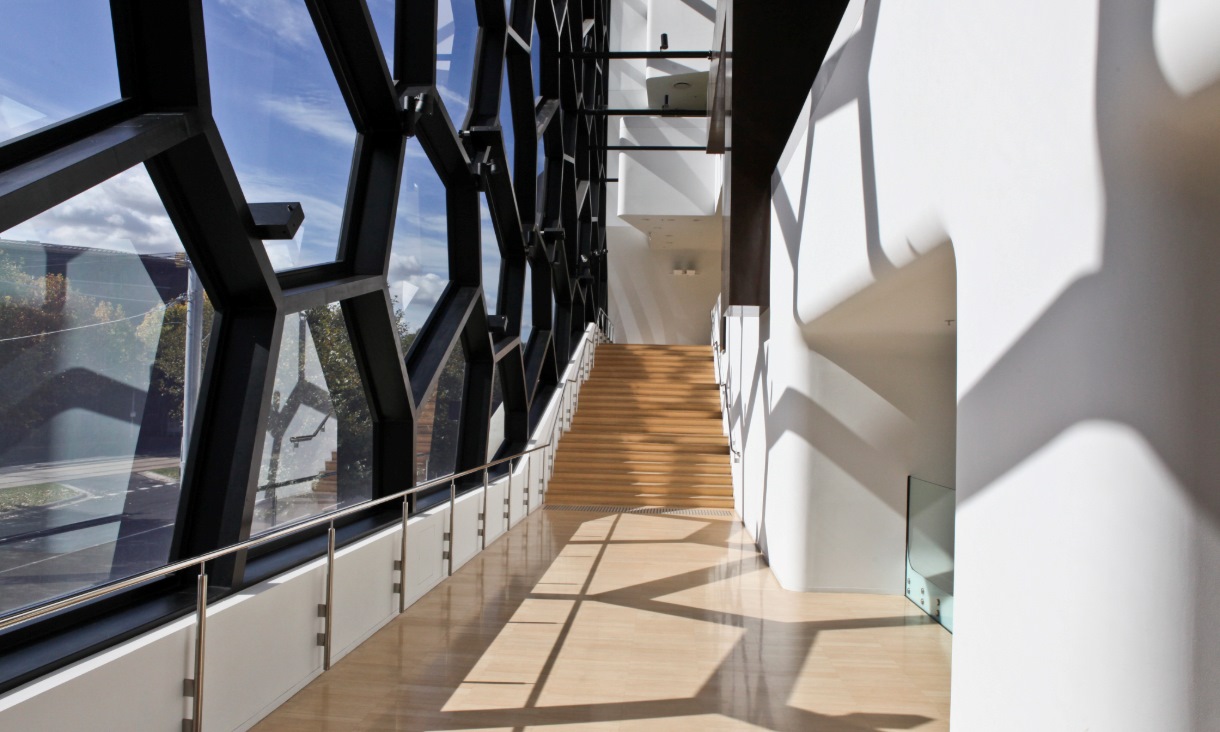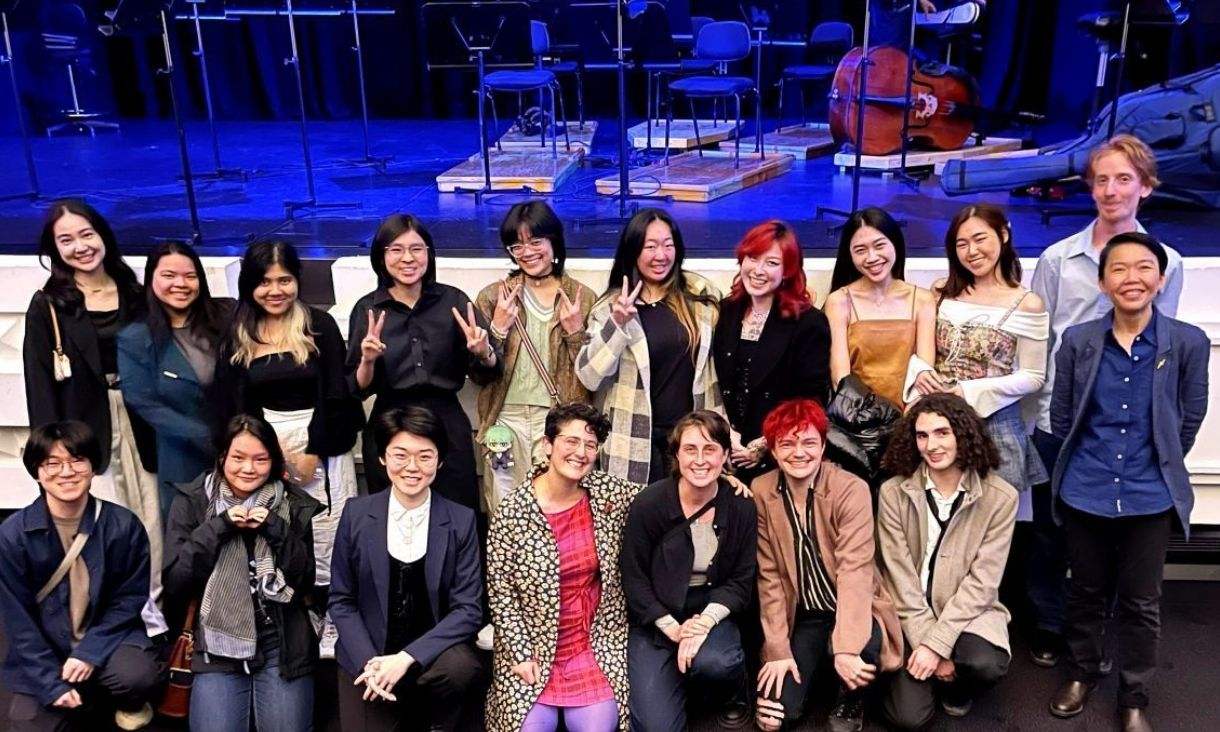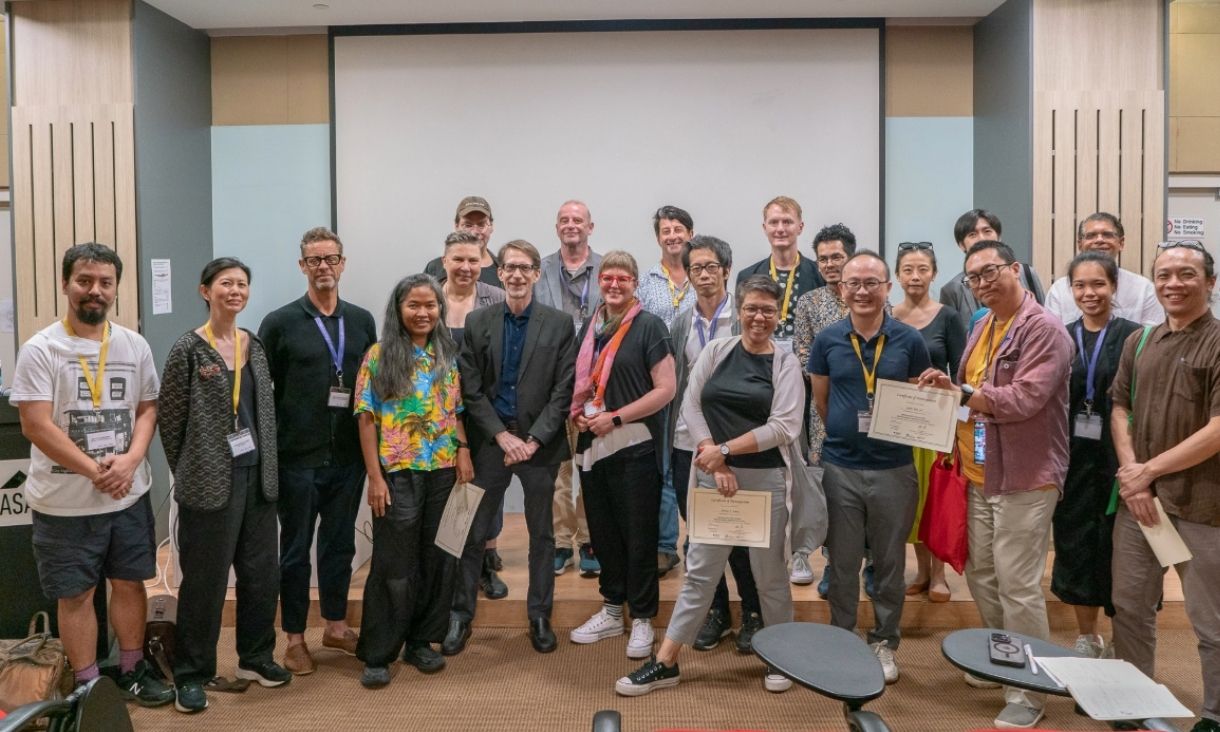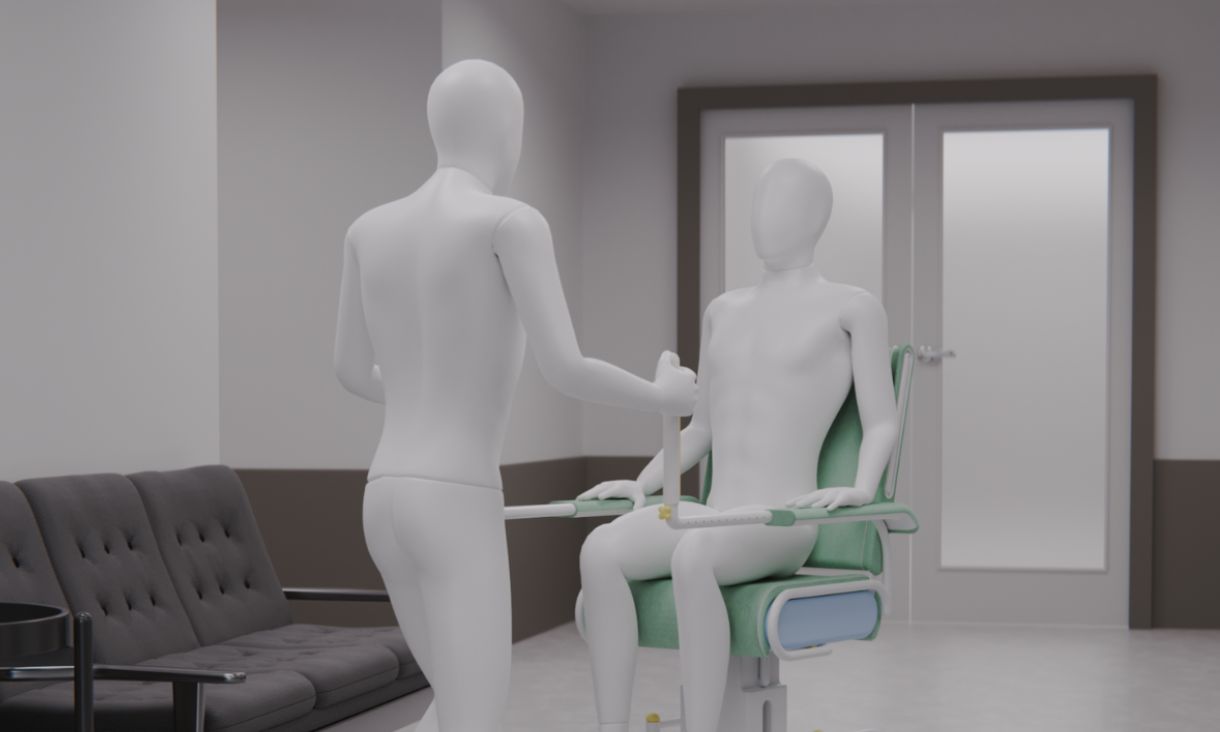Developed in collaboration with the Peter MacCallum Cancer Centre and the RMIT-Cisco Health Transformation Lab, AlitePro is a device that replaces clinical sounds with colour therapy, reducing noise in treatment rooms.
Professor Vishaal Kishore, Director of the Health Transformation Lab, which facilitated and anchors the Peter MacCallum Cancer Centre Design Partnership, said AlitePro was a great example of what can be achieved through student industry partnerships.
“Nicole’s innovative design solution highlights the outstanding impact our students can make when paired with real industry problems, in real settings and in real time,” he said.
AlitePro consists of two devices, one is affixed to the drip and monitors the administering of medication, sending unobtrusive notifications via changes of colour to a second device worn by a nurse.
Replacing clinical sounds with colour therapy, AlitePro aims to improve patient experiences and assist healthcare professionals in providing a faster and calmer service.
“I was extremely fortunate to have completed my research and testing at the Peter MacCallum Cancer Centre where I was able to be a part of a patient's experience undergoing chemotherapy,” said Gemlitski.
“I’ve always loved helping people and now I have the opportunity to really make an impact to people's experiences within the healthcare industry in the future,” she said.
Last year Gemlitski received the Joyce Coffey Women in Design Award for Outstanding Female Designer.
Associate Dean of Industrial Design, Professor Ian de Vere, said RMIT design graduates have been highly influential in the Australian design landscape for over 70 years.
“Nicole is an amazing young designer who is already demonstrating her ability to make a significant contribution to societal wellbeing,” he said.
“We are delighted to have been part of her journey and wish her great success in the future.”
Story: Grace Taylor





